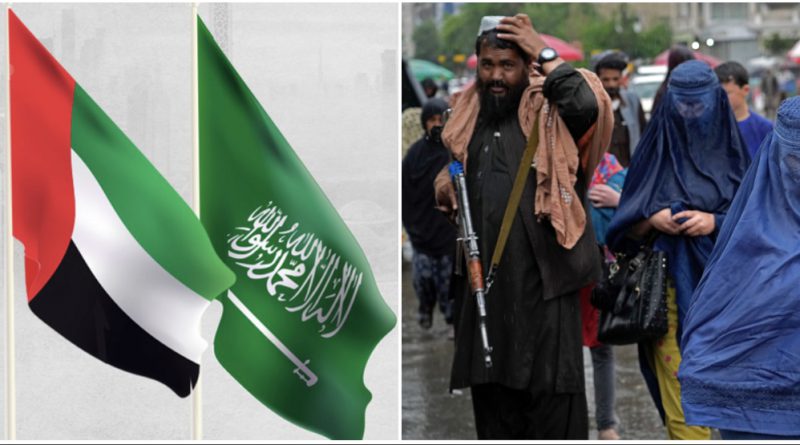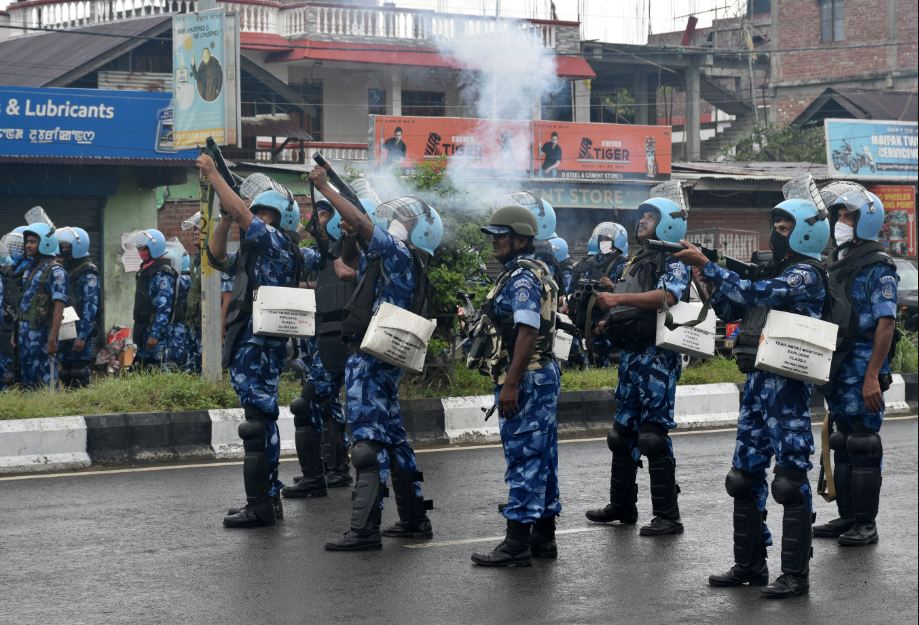Saudi Arabia and UAE condemn Taliban ban on female education
Dubai – Saudi Arabia and the United Arab Emirates have condemned the Taliban’s decision to ban female education in the universities and colleges, as Afghan Institutions were instructed on Tuesday to implement the ban as soon as possible.
Saudi Arabia’s Ministry of Foreign Affairs expressed that Kingdom is astonished at the decision of Taliban to deny Afghan girls their full legitimate rights, while UAE’s Ministry of Foreign Affairs said the decision jeopardized international efforts to engage with the Taliban in the interest of the Afghan people.
Saudi Foreign Affairs released a statement, “Kingdom’s astonishment and regret at the decision of the Afghan caretaker government to deny Afghan girls the right to university education, and calls on it to reverse this decision, which is astonishing in all Islamic countries and is contrary to giving Afghan women their full legitimate rights”.
While UAE’s ministry said in a statement, “The UAE reaffirms that this decision, as well as the earlier bans on girls from accessing secondary education, violate fundamental human rights, contravene the teachings of Islam, and must be swiftly reversed”.
Lana Nusseibeh, Assistant Minister of Foreign Affairs and International Co-operation and UAE Permanent Representative to the UN, said: “The decision is the latest example of the restrictions imposed on Afghan women and girls since August 2021 aimed at their erasure from public life”.
Afghanistan’s private and public institutions were instructed to enforce the restriction as soon as possible and to notify the ministry once the ban is in place, according to a letter provided by Ziaullah Hashmi, the Taliban’s spokesman for the Ministry of Higher Education, on Tuesday.
Meanwhile, British Prime Minister Rishi Sunak referred Afghan females as his own daughters and said that he “cannot imagine a world in which they’re denied an education”.
“The women of Afghanistan have so much to offer. Denying them access to university is a grave step backwards”, he said.
According to Afghan political analyst Ahmad Saeedi, the Taliban’s move may prevent them from gaining international recognition.
“The issue of recognition is over”, he said. “The world is now trying to find an alternative. The world tried to interact more but they [the Taliban] don’t let the world talk to them about recognition”.
Saeedi asserted that he thought the majority of Afghans supported female education because they see it as a religious obligation mandated by the Quran.
Meanwhile, women and girls in Afghanistan have come out on the streets of Kabul protesting against the decree. They chant, “Either for everyone or for no one. One for all, all for one”.
In 1996, when Taliban had 90% control of the Afghan region, it implemented harsh rules against the women inhabitants, including punishing the male members of the family if their women are spotted in the balconies of their apartments.
According to UN experts, the Taliban’s treatment of women and children in Afghanistan may constitute a crime against humanity, and as such, it should be looked into and dealt with according to international law, they stated last month.
They claimed that the Taliban’s treatment of women increased already-existing rights violations, which were already among the “most draconian globally,” and might constitute gender discrimination.



